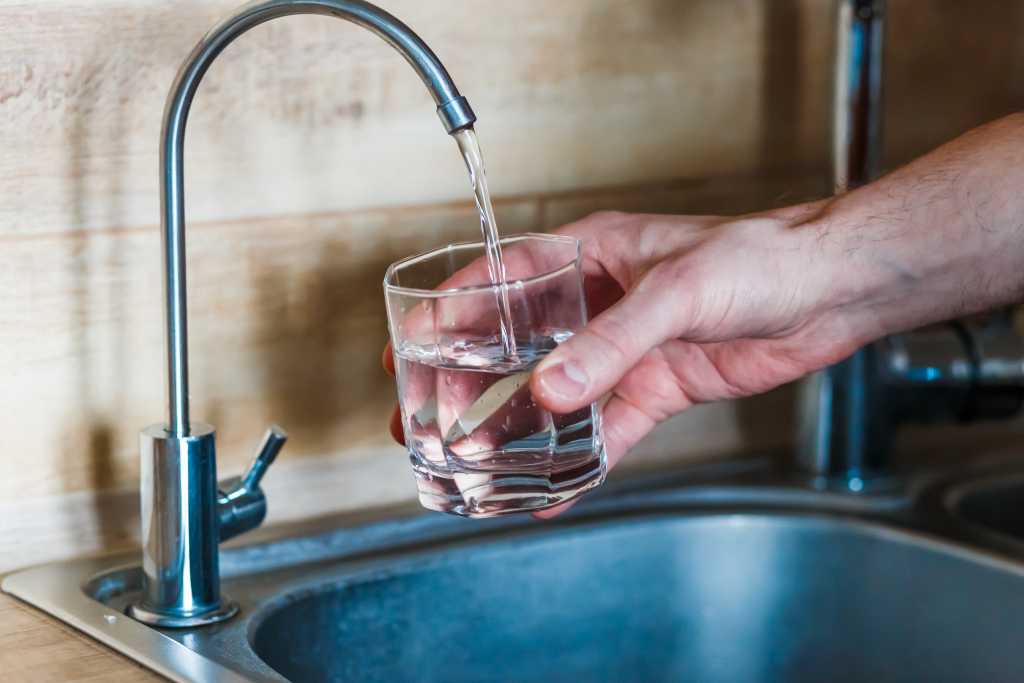A water filter is a staple in many homes. It aids in the overall health and wellbeing of the family by supplying fresh, clean water for daily consumption. If there are family members with health concerns, a water filter becomes a necessity. If you don’t already have one, it’s a wise investment you should consider. Don’t know where to begin?
Here’s how to choose the best water filter for your home.
1. Calculate Your Water’s Flow Rate
Some people purchase water filters without first determining the flow rates of their faucets. This can result in pressure fluctuations. The hose is more likely to burst or leak when the flow rate of the hose is less than the flow rate of the water filters. Suppose the flow rate of the faucets and hoses, on the other hand, is greater than the flow rate of the water filter. In that case, the water flow will be insufficient, resulting in frequent choking from air filling.
Filter cartridge life is affected by the flow rate of faucets and water filters, which reduces their lifespan. Calculate the flow rate of each faucet in your house and use the average to buy a water filter with a 1-2 GPM higher flow rate.
A slower flow rate allows for more purification when compared to a faster flow rate, especially if you want a water filter for your tap. As a result, you can heavily reduce chemical and heavy metal contaminants. If you’re planning to install water filters on your faucets, this blog post can help you learn more.
2. Analyse Your Water
You must determine the chemical composition of your water to select the most effective and appropriate water filter for your home. When you are aware of the chemicals present in your water, you are better equipped to decide how to proceed with water filtration.
If you use municipal water, you can ask your officials to keep you informed about the chemical composition of your water. Individuals who consume water from wells should also have it tested for bacteria. You can use a water testing kit to determine the composition of the water for efficient and accurate results.
3. Make A List Of Your Personal Water Goals
Is it your priority to have clean water in every room of your house, relieve stress on your plumbing, or eliminate toxins from your drinking and bathing water? There is no right or wrong answer because everyone’s goals, budget, and living situation are different. There are two broad categories of filtration products.
Self-contained point-of-use (POU) water systems are customized for each room in the house. In the kitchen, a refrigerator filter, a countertop gravity filter, or an under-counter multistage water filter are all examples of POU systems. Water systems installed at the point where water enters your home for the first time are known as point-of-entry (POE) systems. As a result, this type of filtration ensures that everyone in the house has access to clean water.
For homeowners concerned about the safety of their drinking water, whole house water systems are an excellent option. You can use safe water for drinking, cooking, showering, laundry, etc. It’s a great option, especially if you have skin and hair concerns due to unfiltered water.
4. Consider The Installation And Operating Costs
Your budget will determine the type of water filter you purchase. The number of stages used to process water, the rate of filtration, and the amount of available storage are all factors that influence the cost of a filter. A filter with a remineralization cartridge, for example, will be more expensive.
Aside from the initial cost, additional fees are associated with owning a filter. You’ll have to replace your cartridges, so figure out how much they’ll cost. Calculate the power consumption of your filter. Keep in mind that filters initially appear to be prohibitively expensive may become more affordable over time. You don’t need the most expensive and complicated system to drink healthy water, but choosing a trustworthy system will last you long.
Determine which one is best for you by determining the installation costs, maintenance, and the amount of water you consume daily. Avoid squandering your hard-earned cash on unnecessary purchases. Also, if the situation calls for it, don’t be afraid to go slightly over budget.
Takeaway
Toxins can enter your water system from various places, but you do have some control over which toxins make their way into your home. Determine which contaminants are present in your water and take precautions to ensure that the next drink you and your family consume is safe. A good water filter is good for the environment, but it is also good for your health.

